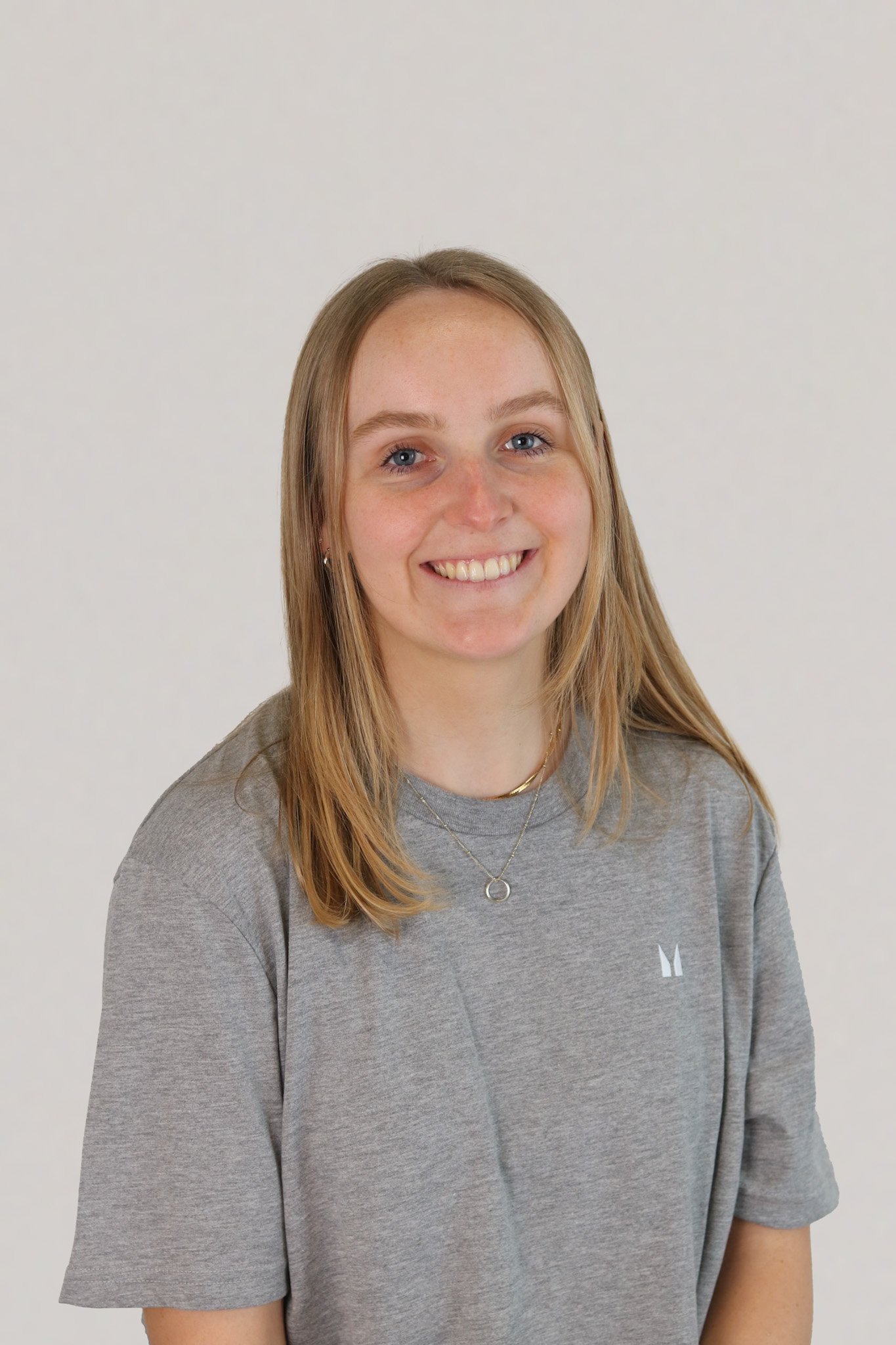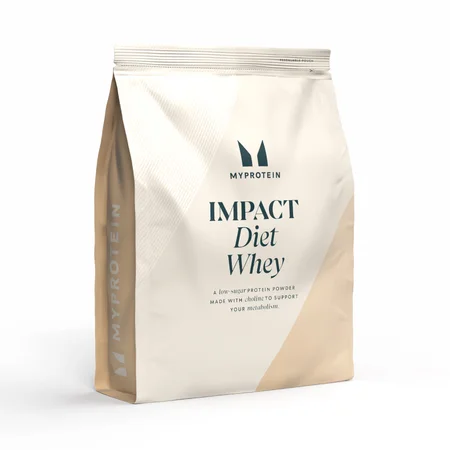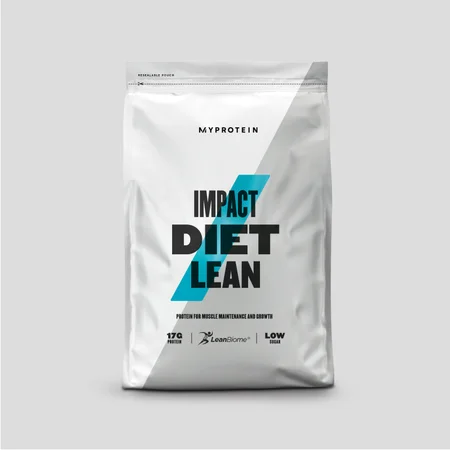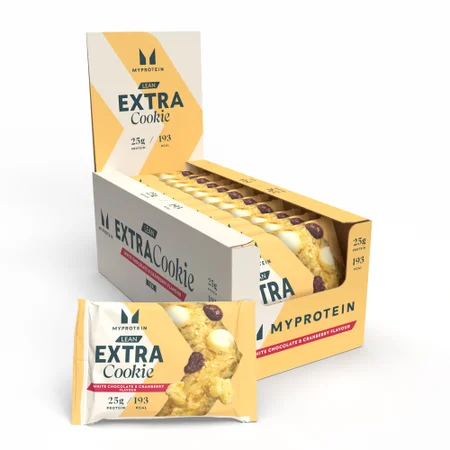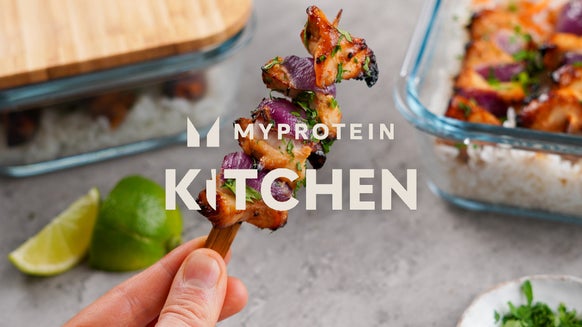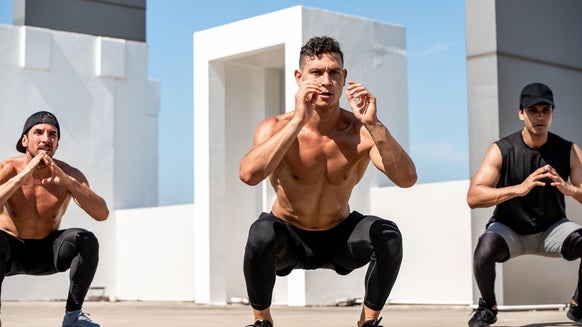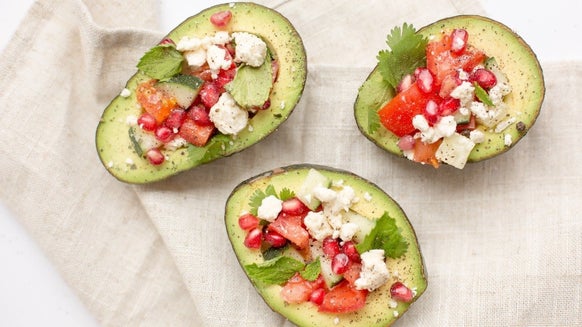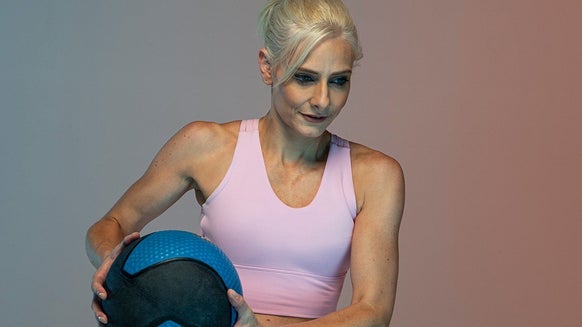Lose Fat & Maintain Muscle | How To Cut Safely

There are a few commonly heard “bro” terms in the fitness world that can be difficult to understand. “Stacked”, “gains”, “swole”, “jacked”, and “shredded”, to name a few. Make them make sense.
Luckily, everyone’s favourite nutritionist and nutrition researcher, Richie Kirwan, is here to translate the gymspeak into terms we can all understand. On the agenda today is “cutting”.
What is cutting?
It’s a term you’ve probably heard in the gym changing room. But what does it actually mean? It means to lose fat to look more lean and “cut”. Yep, so that’s not much clearer. Luckily Richie breaks down what that actually means — dieting and training to reduce body fat while maintaining as much muscle mass as possible.
Why do a cutting phase?
We know it’s a “bro-term”, so it’s no surprise the word originates from bodybuilding culture.
Bodybuilders typically undergo periods of bulking and cutting . During a bulk they work to build a lot of muscle, which generally involves eating a lot more and putting on body fat. After that comes the cut, where they lose fat to look leaner but maintain as much muscle as possible.
The secret of fat loss
Richie calls it a secret, but it's probably the worst kept secret ever. Fat loss can only be achieved through a calorie deficit. That's all that needs to be said.

Lose Weight Sustainably With A Managed Calorie Deficit
Expert nutritionist explains all
Calorie Deficit
Calorie deficit is simple in principle, but it’s harder in practice.
How much should I eat?
Calculate your maintenance calories — that’s how many calories you need to maintain your bodyweight.
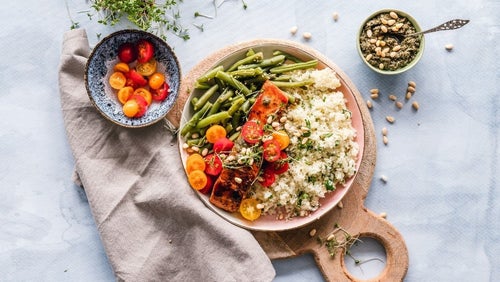
Macro Calculator | How To Calculate Your Macros For Flexible Dieting & IIFYM
Use our calculator to work out your macros.
To lose weight, you need to consume fewer calories than your maintenance calories. And if you’re going to do that, you’re going to need to know how many calories you’re eating. This might sound like a faff, but there’s an easy way to do this: you can use a macro-tracking app.
You'll also need to measure your progress. The easiest way to do that is by weighing yourself daily. Without this, there’s no way of knowing what you’re doing is working. But remember, your scale weight can vary quite a bit day to day, so by weighing yourself every day you’ll be able to figure out a daily average you can use to monitor your progress more accurately over time.
If you’d rather not weigh yourself, you can always take progress pictures and measure yourself with a tape measure. But it won’t be as useful as weighing yourself.
Bear in mind, your weight loss will eventually slow down and stop. That’s because lighter bodies need less energy. Your metabolism slows down a little bit to compensate for fewer calories. At this point, the only thing you can do is reduce your calories further to put yourself back in deficit.
Protein
It’s no secret that we’re big protein fans, but Richie recommends it too. Here are some reasons why you should eat more protein if you want to lose weight.
Satiating
This is a fancy way of saying it’s filling. Protein will keep you fuller for longer compared to other nutrients like carbs or fats. So as much as you might like your mid-afternoon crisp break, a protein bar is probably a better option for a cut.
Maintain muscle
If you’re cutting, one of your main goals will be to maintain muscle while in your calorie deficit, and protein will help with this.
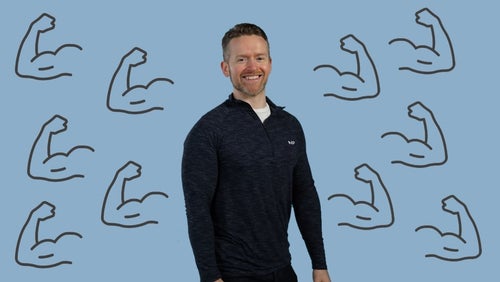
Muscle Mass Declines With Age, Here's How To Maintain
Here's how to slow down sarcopenia.
Higher thermic effect of food
The body uses more energy to process protein than carbs and fat. While the benefits are small in the short term, a high-protein diet may be beneficial for fat loss in the long term.
How much protein do you need?
As little as 1.2g of protein per kilogram of body weight is enough to maintain muscle while losing weight. That’s as long as you keep up your resistance training. Doses as high as 3.4g of protein have shown benefits for body composition. But as a rule, Richie suggests 1.6g-2.4g is probably enough to maintain muscle while on a cut.
Protein sources
It’s no secret that lean meat, eggs, fish, yoghurt, cheese and various protein powders and snacks are all great sources of protein. Easy enough for people who consume animal products, but what about vegans?
Carbs and Fat
Fat
Essential fatty acids — the clue is in the word “essential”. You need them in your diet to stay healthy. Without them, your hormones levels will suffer, which can leave you feeling fatigued and your sex drive will crash, too. Richie recommends 0.8g of fat per kilogram of body weight as a good place to start on your cut. And you can get this from nuts, nut butters and seeds. The key to fats is to keep your saturated fat intake low — these foods are calorie dense and easy to overconsume because they’re so damn tasty.
Carbs
The food group with the worst rep, for some reason. But the facts of the matter are carbs don’t make you fat — excess calories do.
Richie isn’t going to preach that carbs are essential — because they aren’t — but they do make everything a hell of a lot better. Not only will they help improve your training quality they also reduce fatigue, and they’re more filling than fats. Plus, who doesn’t love pasta?
Wholegrains, oats and starchy vegetables are the way to go when you’re on a cut.
How much should I drop my calories by?
How much you drop your calories depends on how fast you want to cut. The bigger the calorie deficit, the faster you’ll lose weight. But the more calories you cut, the worse you’re going to feel. And importantly, slower weight loss will help you to maintain more muscle mass.
Take Home Message
As usual, Richie isn’t telling you what to do. He’s just giving you the facts. If you’re planning to go on a cut, it’s worth checking in with a nutritionist to make sure you’re doing it healthily. Calorie deficit and plenty of protein — that’s the way to make the cut.
READ MORE HERE:

Increasing Your Metabolic Rate | Nutritionist Explains
Richie breaks down all the acronyms of your metabolism.

Sleep & Junk Food | Diet-Damaging Link Explained By Nutritionist
Never underestimate the power of a great night's sleep.
